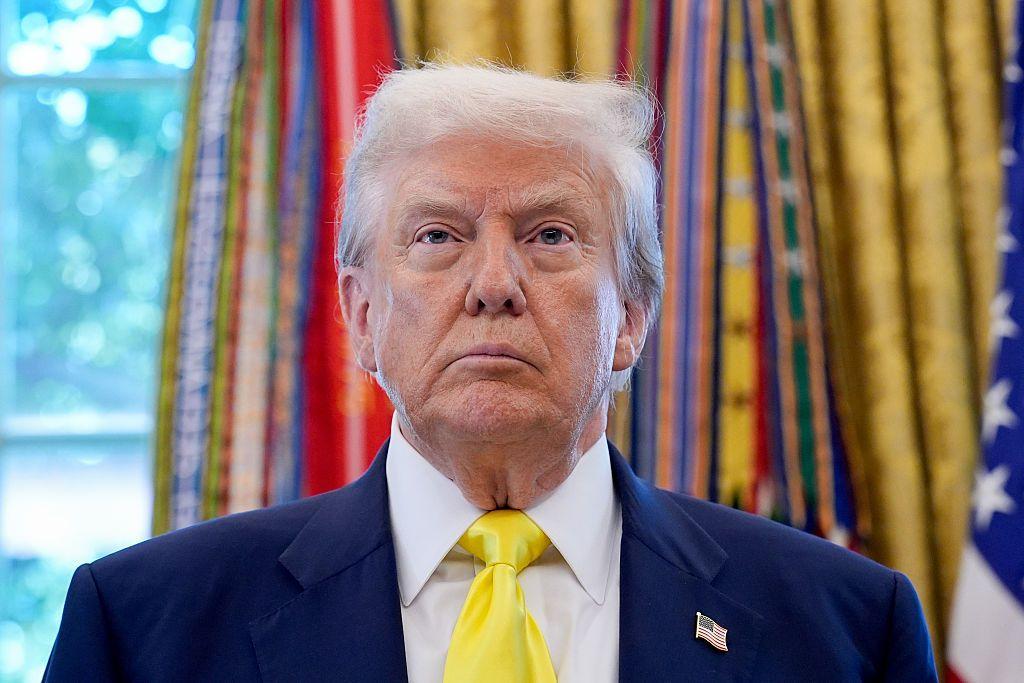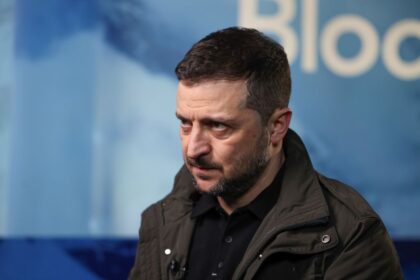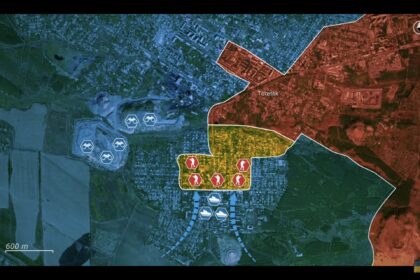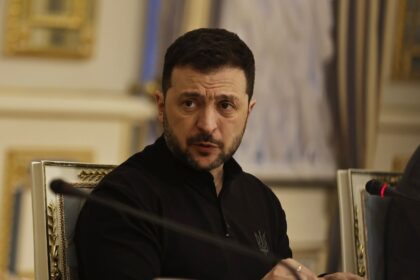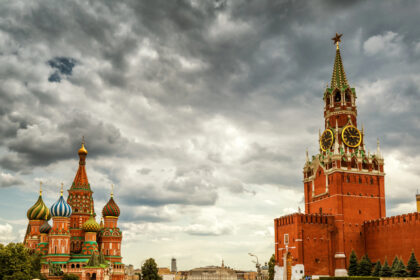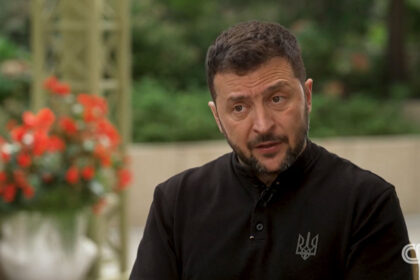**Trump Shifts Blame on Ceasefire Deadline, Says Outcome Now Depends on Putin**
In a surprising move, U.S. President Donald Trump has shifted the focus from his own administration’s deadline for a ceasefire in Ukraine to Russian President Vladimir Putin. When asked about the August 8th deadline during a White House press conference on August 7th, Trump stated that it was now up to Putin to decide whether to comply.
“We’re going to see what he has to say,” Trump said, expressing disappointment with Russia’s continued aggression in Ukraine. This shift in tone comes after weeks of escalating tensions between the United States and Russia over the conflict in Ukraine. Initially, Trump had given Moscow 50 days to reach a peace agreement with Ukraine, but has since increased pressure on the Kremlin to take action.
**Background: A High-Stakes Meeting**
The latest development follows a high-level meeting between Putin and U.S. special envoy Steve Witkoff in Russia. The talks were reportedly requested by the Kremlin to avoid further sanctions from the United States if no ceasefire is reached by August 8th. While Trump described the meeting as “highly productive,” his comments suggest that Moscow’s response will ultimately determine whether the ceasefire deadline is met.
**Trump’s Strategy: Targeting Russia’s Oil Revenue**
The U.S. administration has been steadily increasing pressure on Russia to comply with its demands. Just a day before Trump’s comments, he signed an executive order imposing a 25% tariff on imports from India, citing its ongoing purchases of Russian crude oil. This move is part of a broader strategy aimed at crippling Russia’s oil revenue, which accounts for approximately one-third of the country’s federal budget and remains a key source of funding for its war in Ukraine.
**What’s Next?**
The outcome of Putin’s response to Trump’s comments will be crucial in determining whether the ceasefire deadline is met. If Moscow fails to comply, the U.S. administration has threatened to impose secondary sanctions targeting countries that continue to buy Russian oil – including India and China. The situation remains highly volatile, with tensions between the United States and Russia at an all-time high.
Read More @ kyivindependent.com




